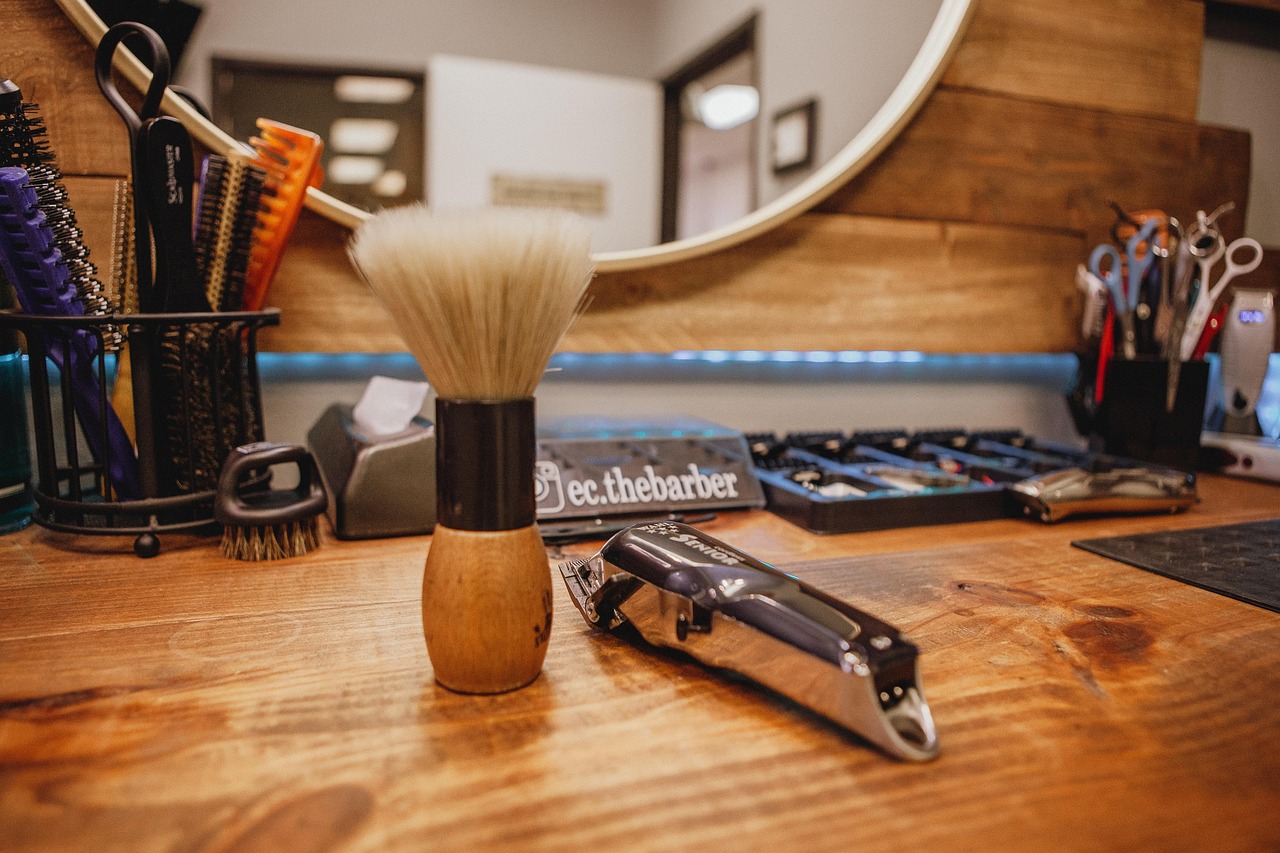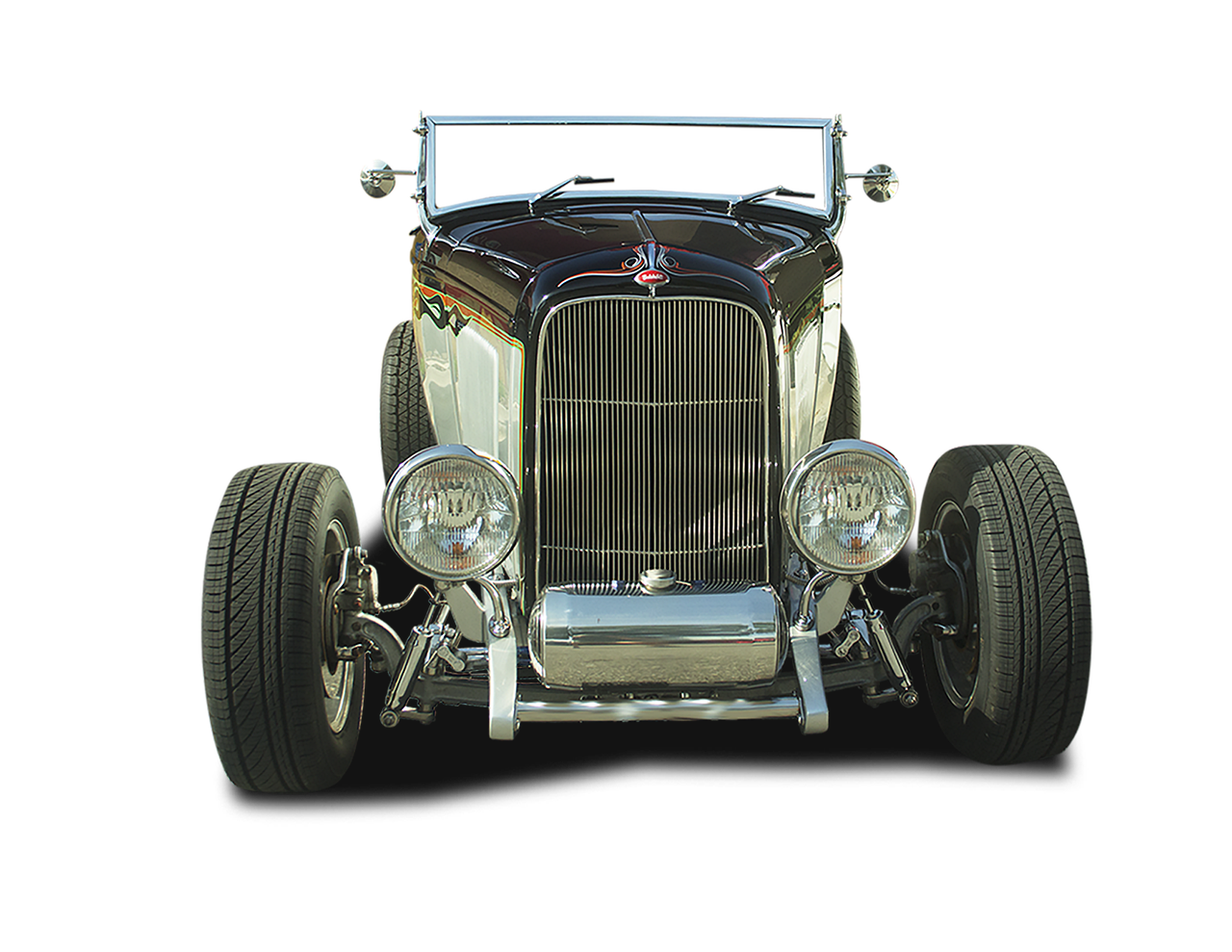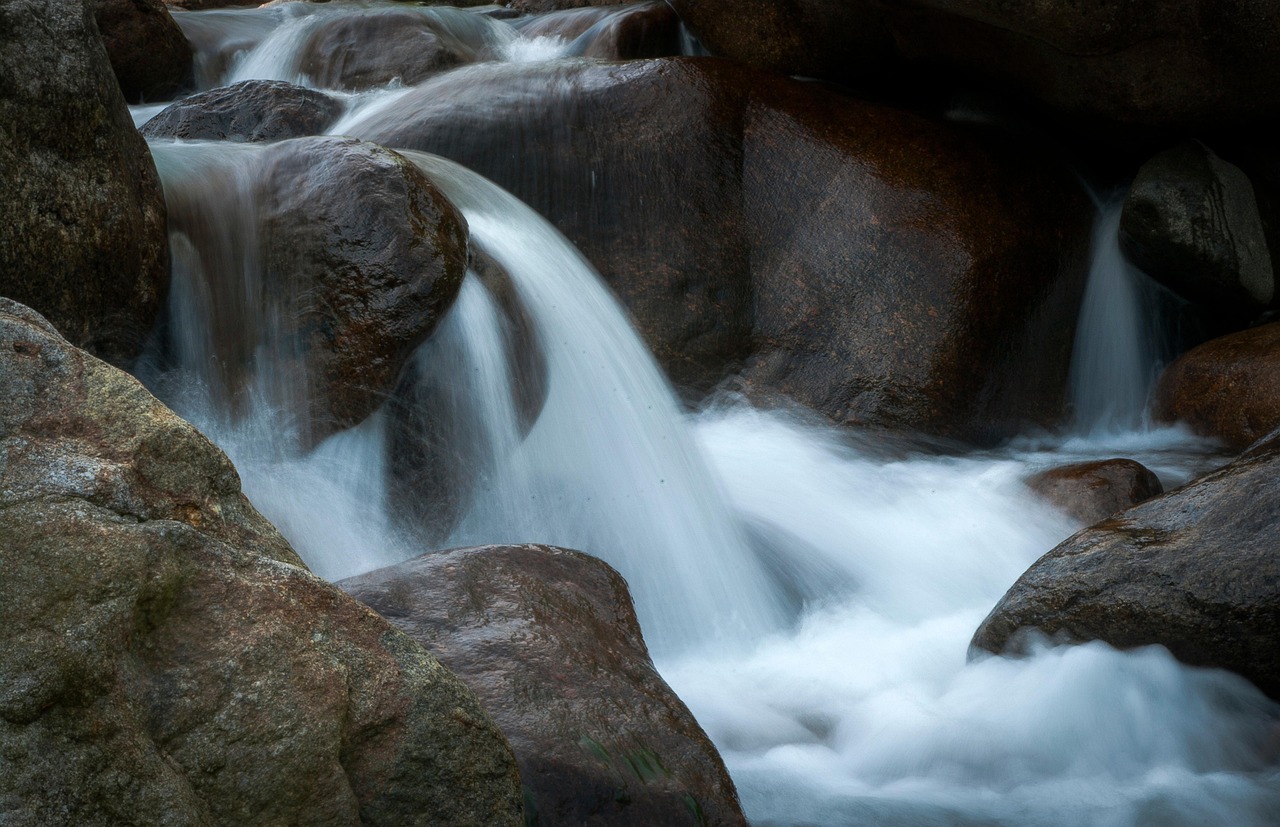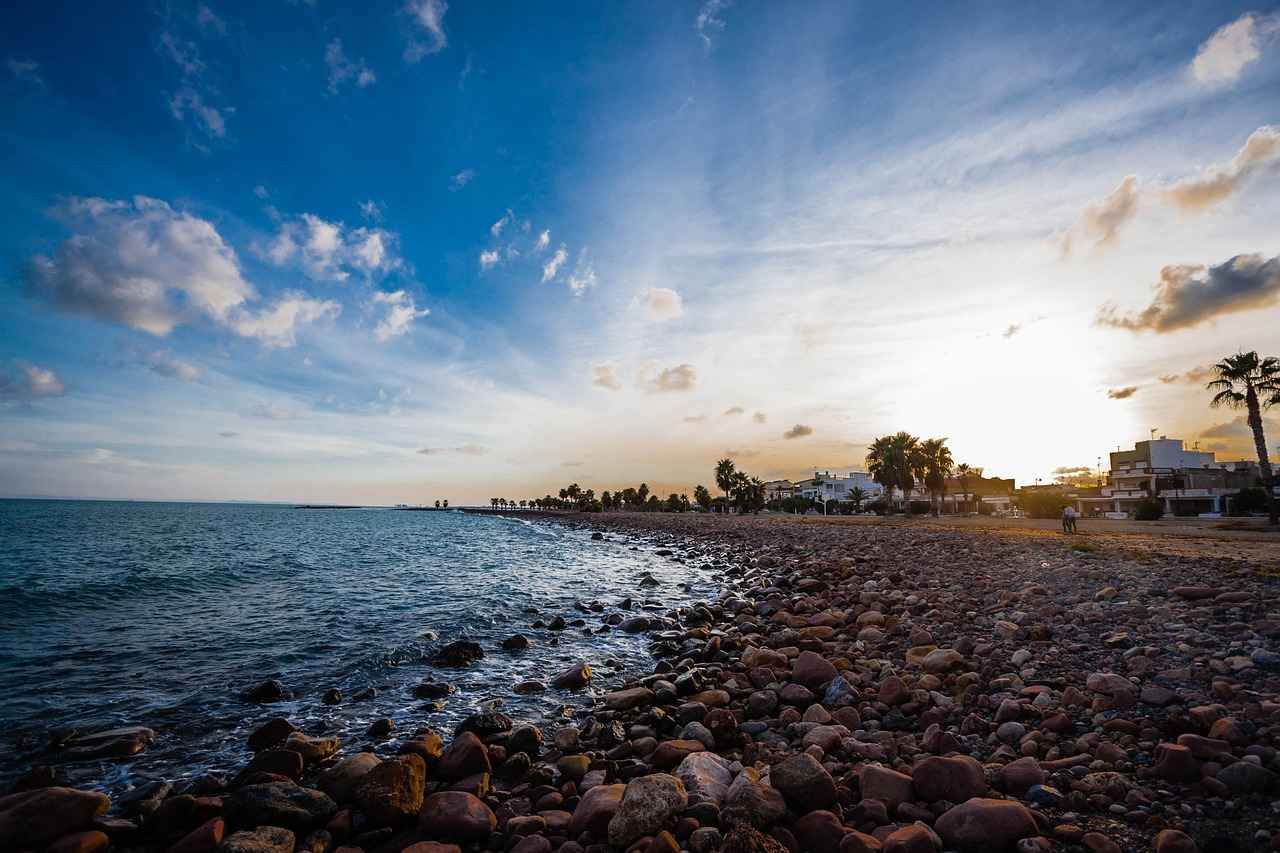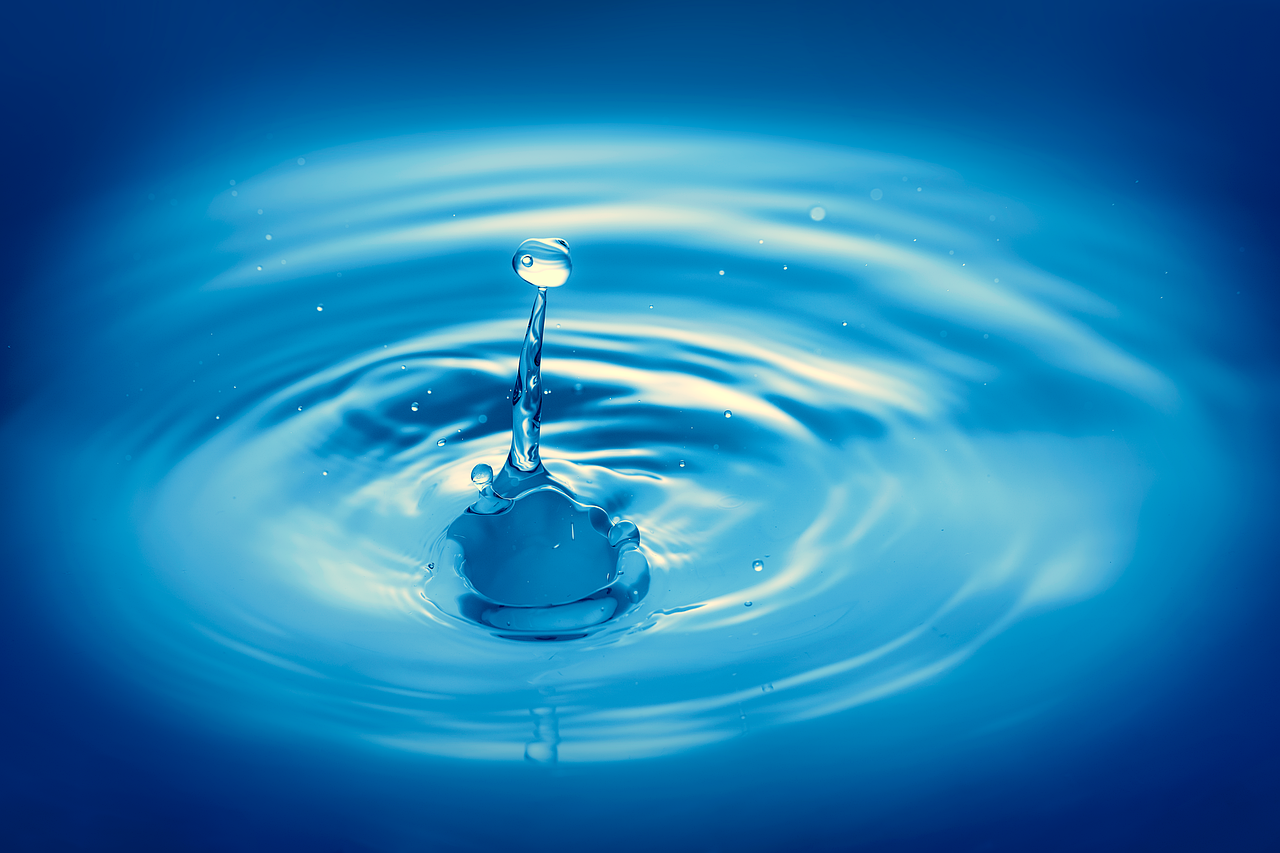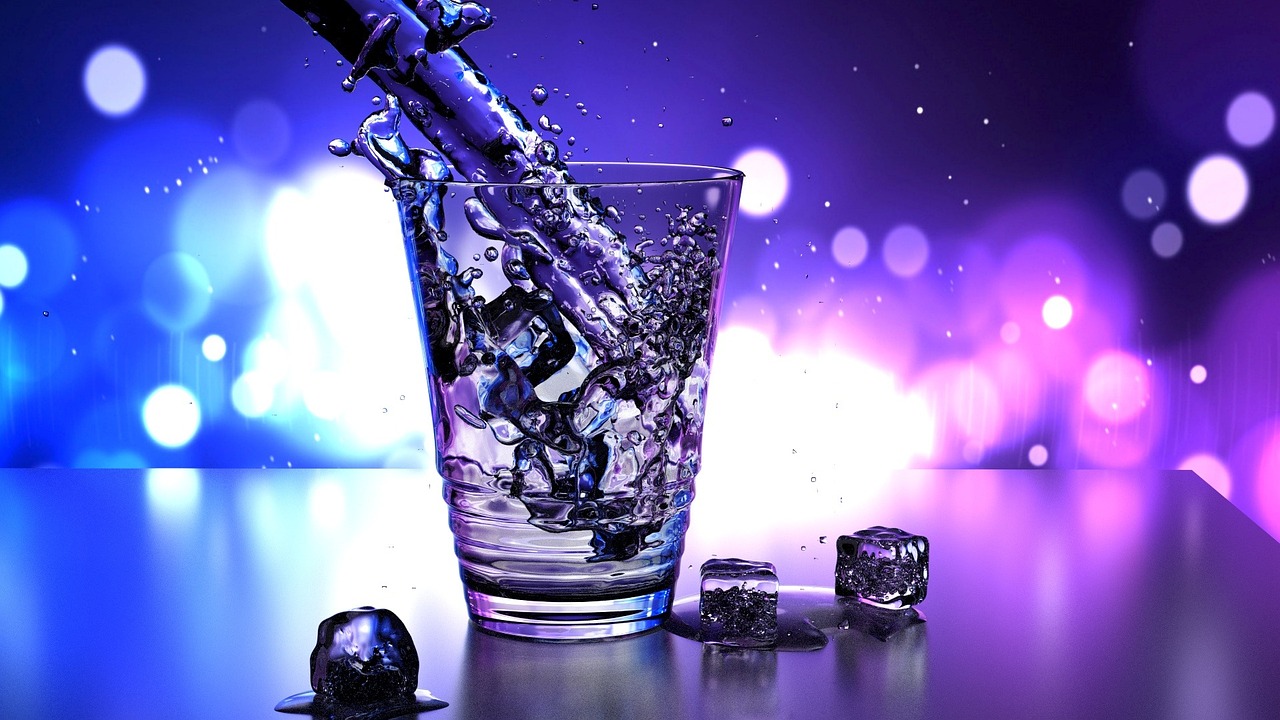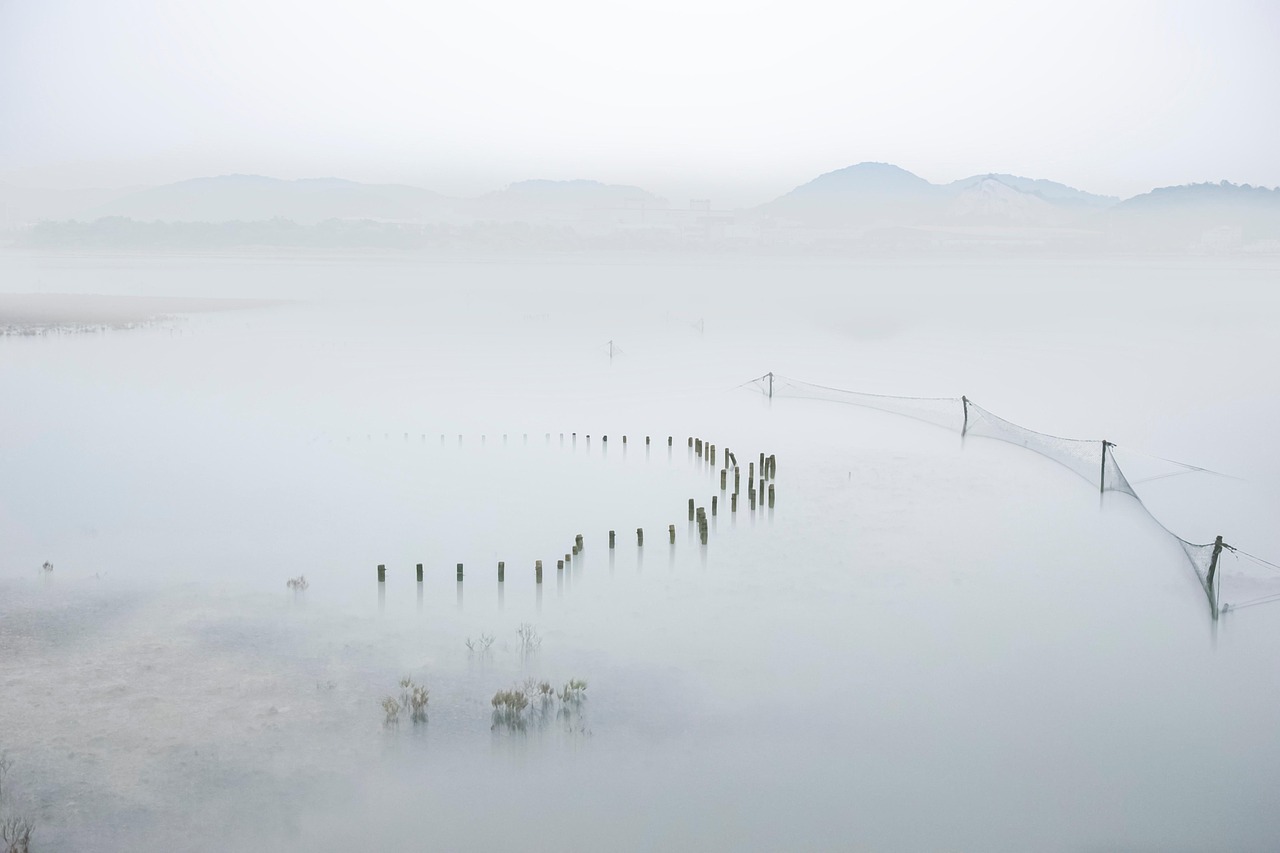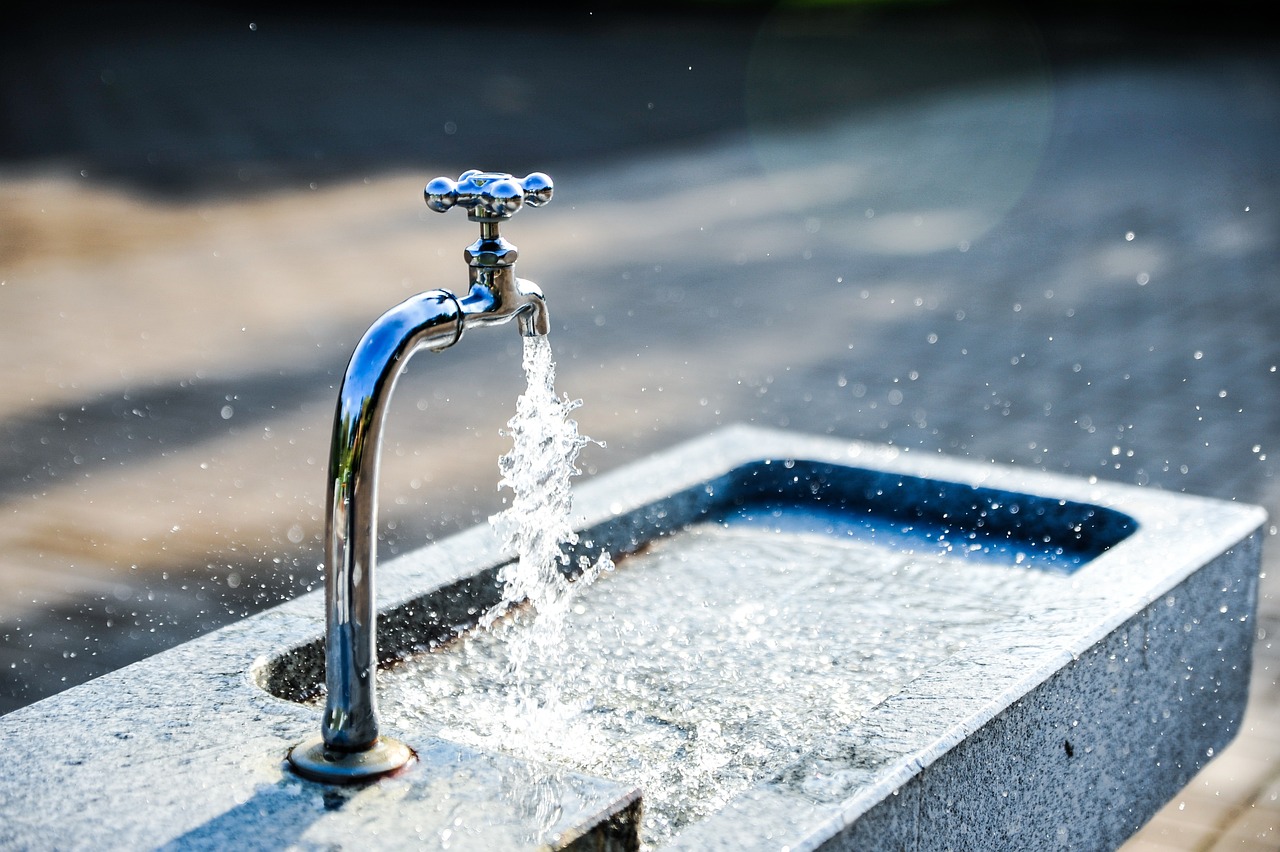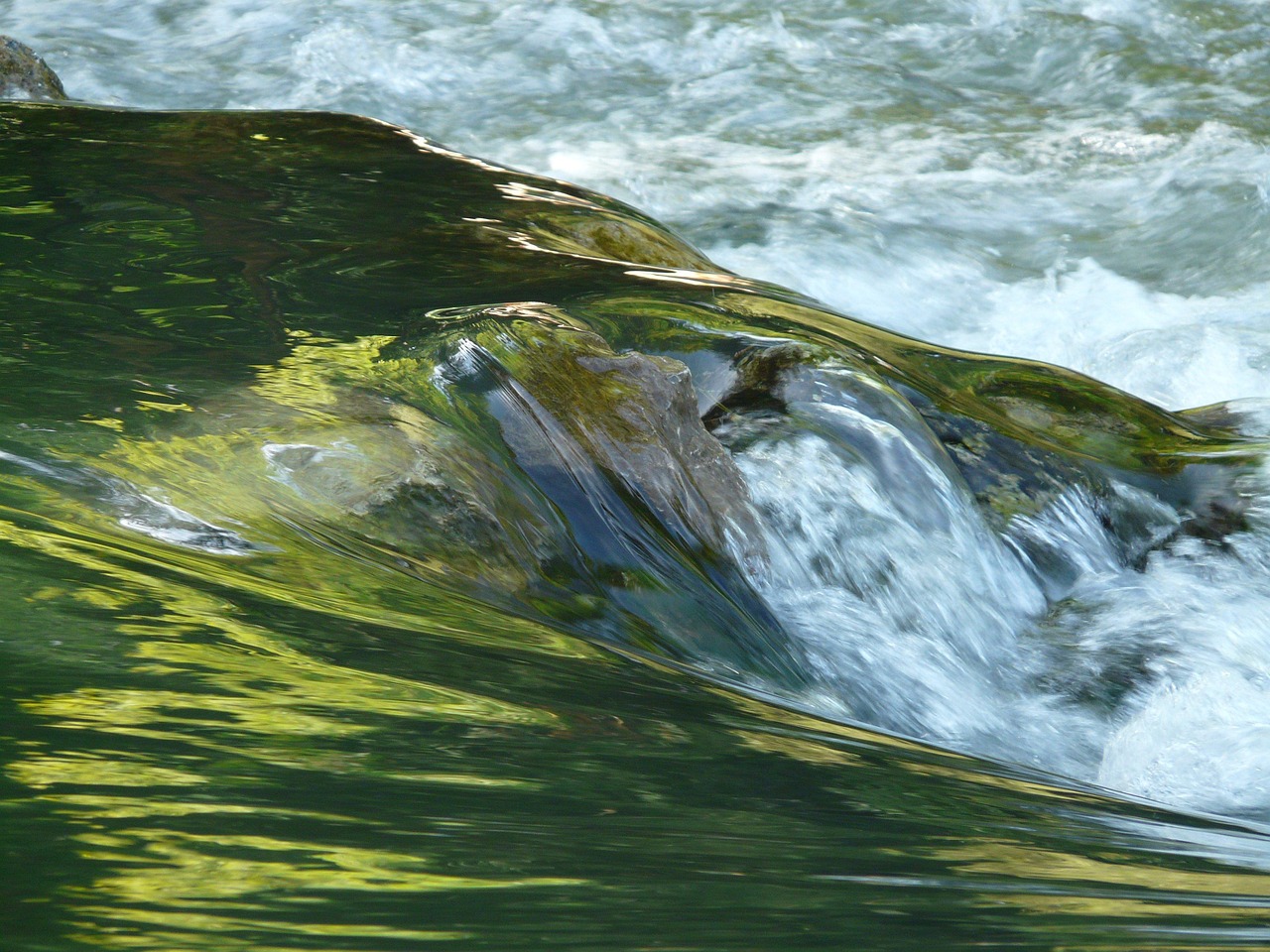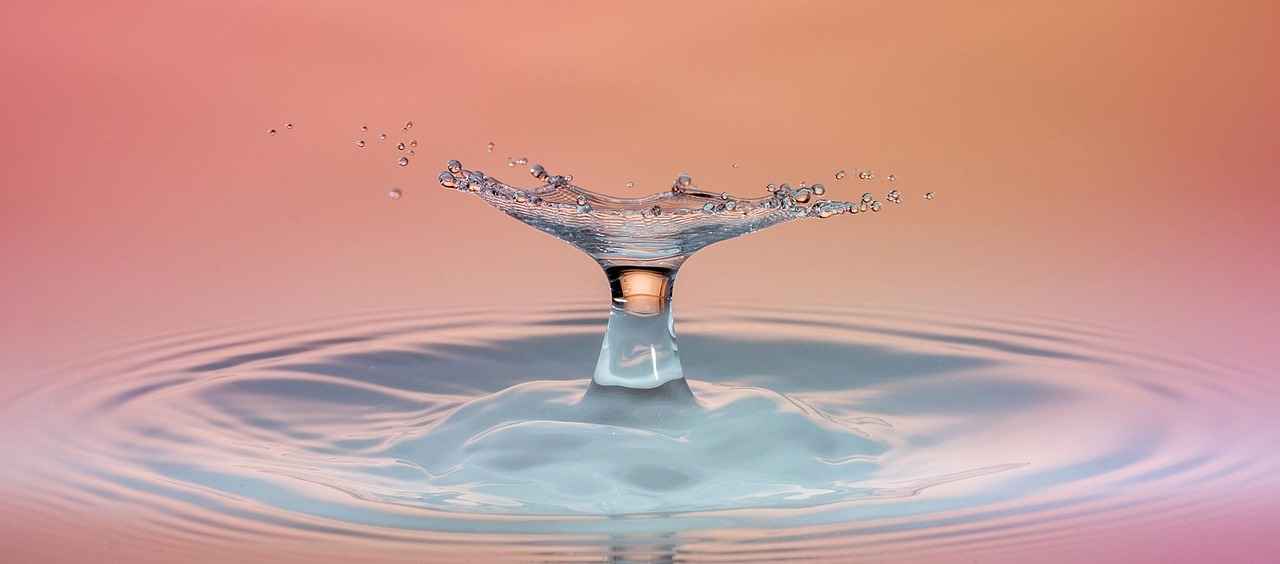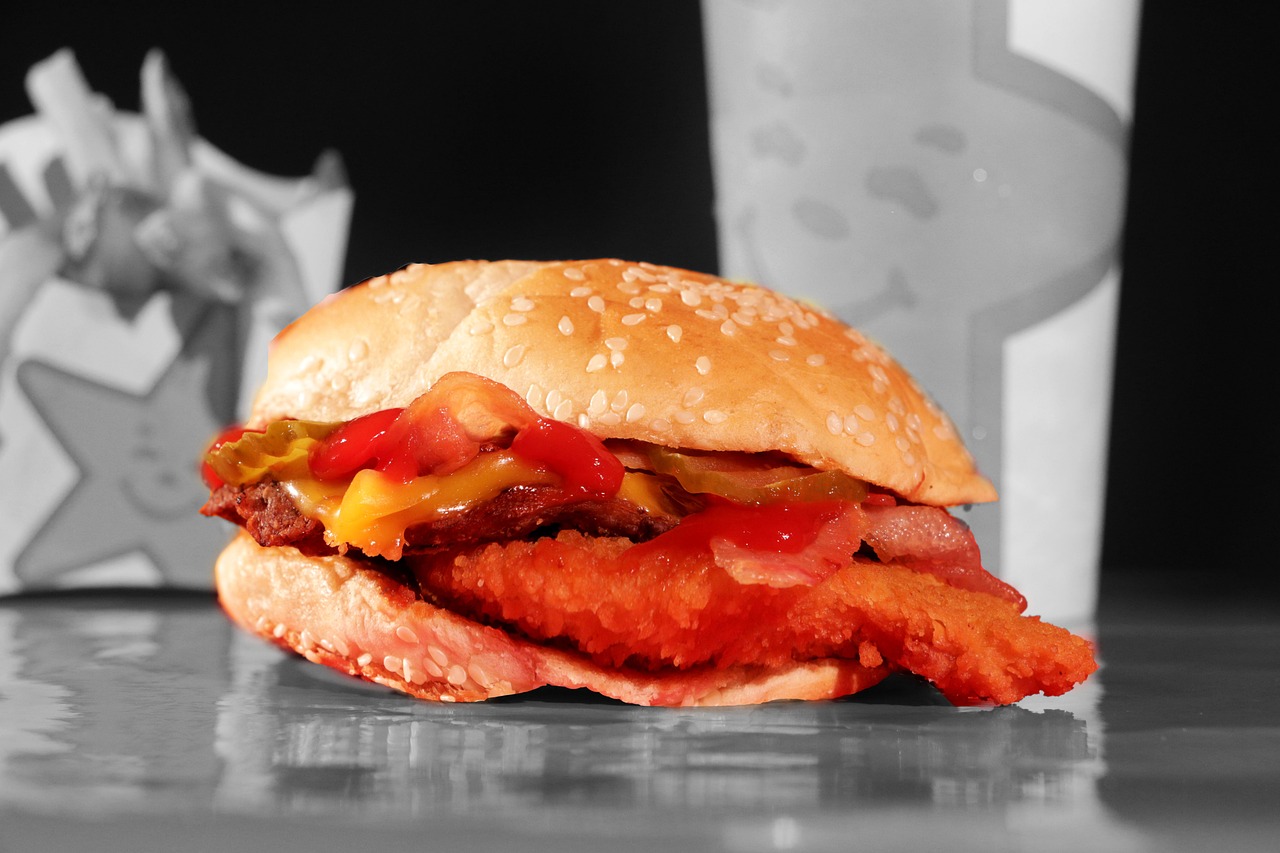This article explores the relationship between distilled water and hair growth, analyzing its benefits, potential drawbacks, and scientific insights to help you understand if distilled water can aid in achieving healthier hair.
Understanding Distilled Water
Distilled water is a form of purified water created through the process of distillation. This method involves boiling water to create steam, which is then condensed back into liquid form, effectively removing impurities, minerals, and contaminants. For hair care, this means that distilled water is free from the minerals that may contribute to buildup and damage.
How Water Quality Affects Hair Health
The quality of water used in hair care can significantly influence overall hair health. Different types of water—such as tap water, hard water, and distilled water—have varying effects on hair. For instance, hard water, which contains high levels of minerals like calcium and magnesium, can lead to dryness and brittleness.
| Water Type | Effects on Hair |
|---|---|
| Tap Water | May contain chlorine and minerals that can dry out hair. |
| Hard Water | Can lead to buildup, making hair feel coarse and look dull. |
| Distilled Water | Gentle and free from harmful minerals, promoting softness. |
Benefits of Using Distilled Water
Incorporating distilled water into your hair care routine can provide several advantages:
- Eliminates Mineral Buildup: Distilled water prevents the accumulation of minerals that can weigh hair down.
- Improves Moisture Retention: Using distilled water can help your hair retain moisture better than hard water.
- Softens Hair: It can lead to softer, more manageable hair, enhancing overall appearance.
Potential Downsides of Distilled Water
Despite its benefits, distilled water lacks essential minerals that can be beneficial for hair health. Some experts argue that while it cleanses effectively, it may not provide the necessary nutrients that hair requires for optimal growth and strength.
The Role of Hydration in Hair Growth
Hydration is crucial for promoting healthy hair growth. Adequate water intake supports the hair growth cycle and contributes to overall hair vitality. Both internal hydration (through drinking water) and external hydration (applying water) are essential for maintaining healthy hair.
Best Practices for Hydrating Hair
To achieve optimal hydration for your hair, consider the following tips:
- Use distilled water for rinsing after shampooing.
- Incorporate hydrating hair masks that utilize distilled water.
- Maintain a balanced diet rich in vitamins and minerals to complement hydration.
Expert Opinions on Distilled Water and Hair Growth
Industry professionals often emphasize the importance of water quality in hair care. Many agree that while distilled water can be beneficial, it should be part of a comprehensive hair care routine that includes nourishing products and practices.
Scientific Studies on Water and Hair Health
Research has shown that water quality can impact hair health significantly. Studies indicate that using soft water, such as distilled water, can lead to healthier hair compared to hard water. This underscores the importance of choosing the right water type for hair care.
Common Myths About Hair Growth
Many myths surround hair growth, including the belief that all water types are equally beneficial. In reality, the quality of water can affect hair texture and growth, making it crucial to choose wisely.
Practical Tips for Using Distilled Water in Hair Care
To effectively incorporate distilled water into your hair care routine:
- Consider using it as a final rinse to enhance shine.
- Mix it with essential oils or hair treatments for added benefits.
- Monitor how your hair responds and adjust your routine accordingly.
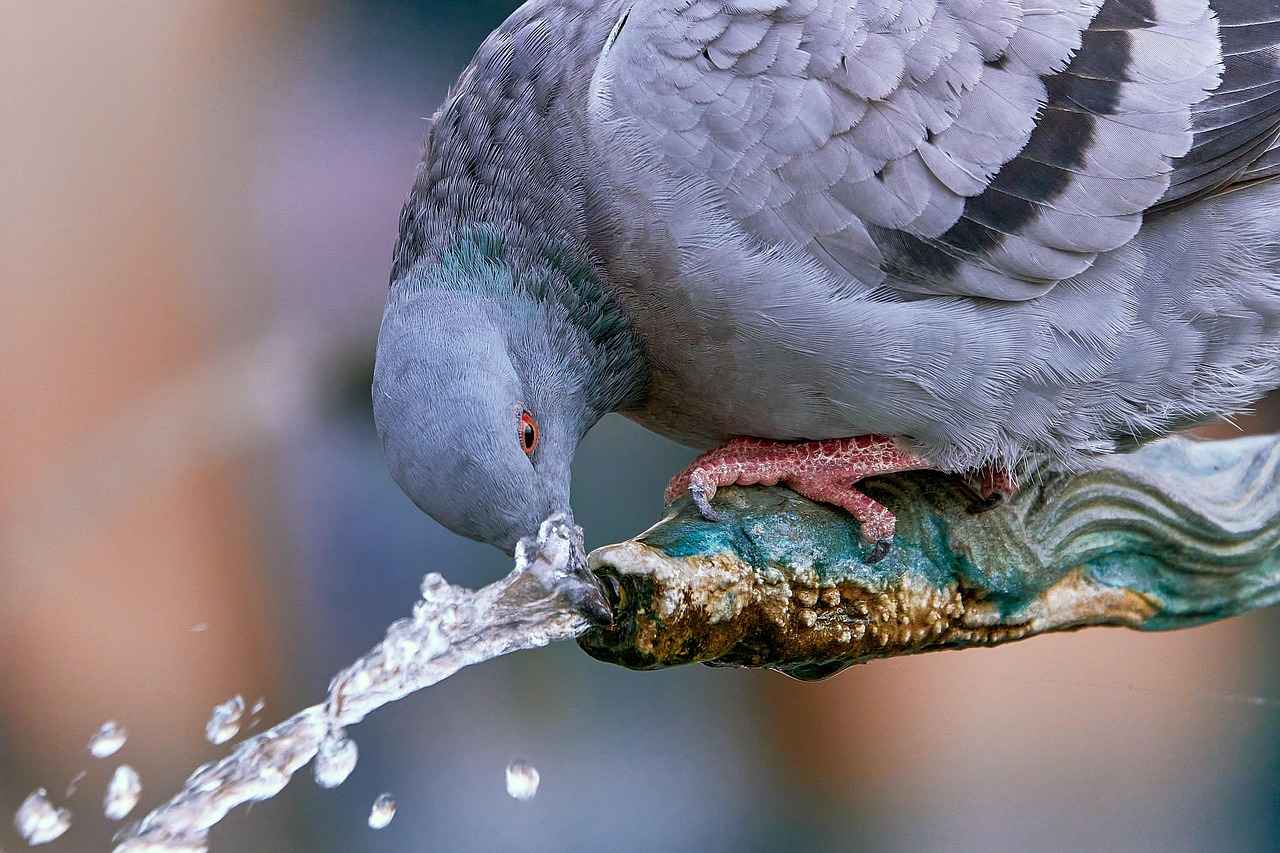
Understanding Distilled Water
Distilled water is a highly purified form of water that undergoes a process called distillation. This method involves boiling water to create steam, which is then condensed back into liquid form. The key advantage of this process is that it effectively removes impurities and minerals that are often found in regular tap or well water. As a result, distilled water is devoid of contaminants such as chlorine, heavy metals, and other harmful substances.
During the distillation process, water is heated to its boiling point, allowing it to evaporate. The steam rises and is collected in a separate container, where it cools and condenses back into liquid. This process not only eliminates unwanted substances but also ensures that the water is free from bacteria and viruses, making it a safe option for various uses.
| Process of Distillation | Benefits |
|---|---|
| Boiling water to create steam | Eliminates impurities |
| Condensing steam back into liquid | Removes minerals |
| Collecting purified water | Free from pathogens |
In the context of hair care, the implications of using distilled water are significant. Many individuals find that using distilled water in their hair care routine helps in maintaining the health and vitality of their hair. This is primarily because distilled water does not contain the minerals found in hard water, which can cause buildup on the hair and scalp. Such buildup can lead to issues like dryness, frizz, and even hair breakage.
Moreover, distilled water can enhance the effectiveness of hair products. When combined with shampoos and conditioners, it allows for better absorption of nutrients, leading to improved hair texture and overall health. This is particularly beneficial for those with curly or textured hair, as these hair types are often more susceptible to damage from mineral deposits.
Another advantage of using distilled water is its neutral pH level. Unlike tap water, which can be alkaline or acidic depending on the source, distilled water maintains a balanced pH. This neutrality can help in preserving the natural oils in the hair, contributing to a healthy shine and softness.
However, it’s important to note that while distilled water has many benefits, it may lack some essential minerals that hair needs for optimal health. For individuals who rely solely on distilled water for hair care, it is crucial to ensure they are obtaining necessary nutrients from other sources, such as a balanced diet or specific hair care products enriched with vitamins and minerals.
In summary, understanding the properties and benefits of distilled water can empower individuals to make informed choices about their hair care routines. By recognizing how distilled water interacts with hair, one can harness its advantages while being mindful of its limitations.
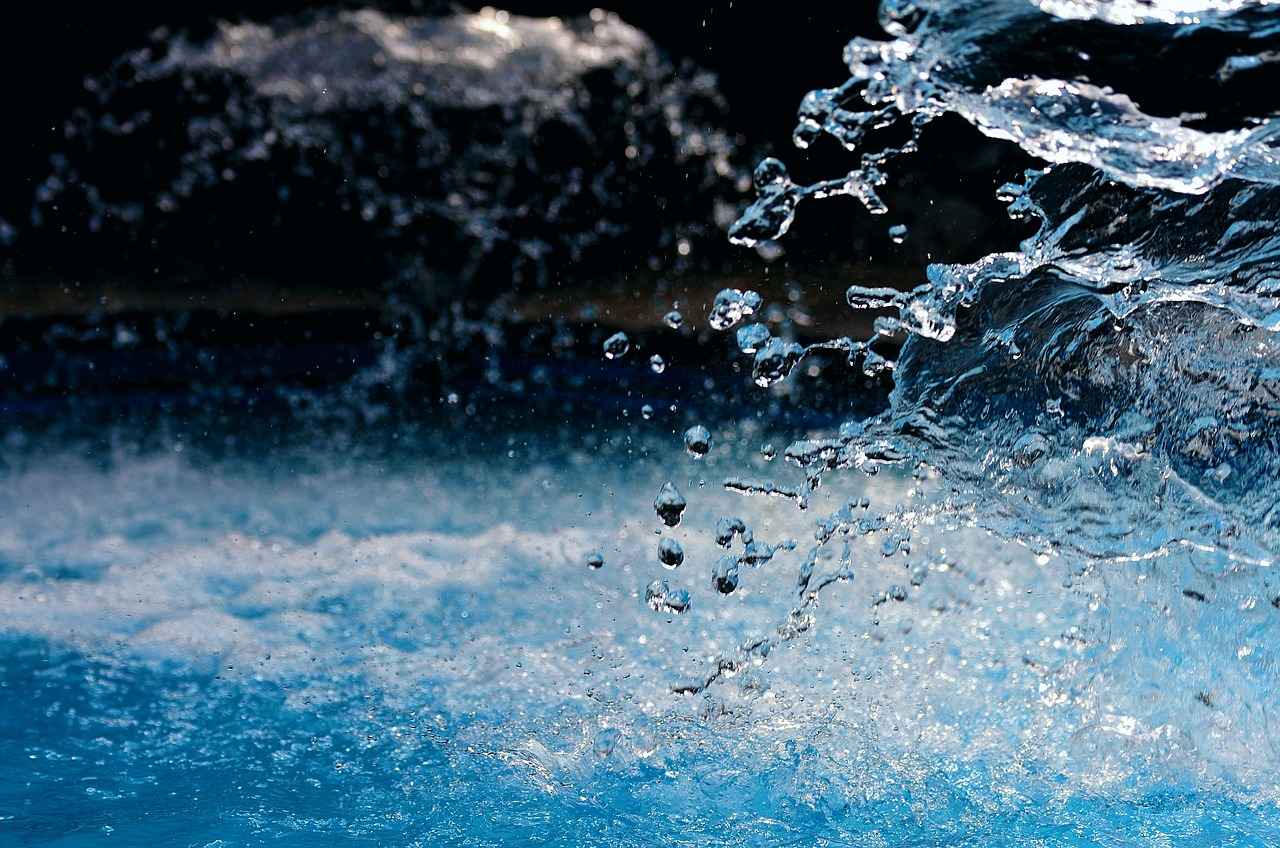
How Water Quality Affects Hair Health
The quality of the water we use can significantly impact our hair’s health. Understanding how different types of water—such as distilled, tap, and hard water—affect our hair is crucial for maintaining its vitality and appearance. This article delves into the effects of various water types on hair health, providing insights that can help you make informed choices for your hair care routine.
Water quality varies widely based on its source and treatment. Here are the three primary types of water used for hair care:
- Distilled Water: This is purified water that has been boiled and condensed, removing impurities, minerals, and contaminants. Its lack of minerals makes it a gentle option for hair washing.
- Tap Water: Generally treated with chemicals like chlorine, tap water can contain various minerals and impurities that may affect hair health. The quality can vary significantly depending on the local water supply.
- Hard Water: This type of water contains high levels of minerals, particularly calcium and magnesium. While these minerals are not harmful to health, they can lead to hair issues such as dryness, brittleness, and buildup on the scalp.
Hard water can have detrimental effects on hair health. The minerals present can create a film on the hair shaft, making it difficult for moisture to penetrate. Over time, this can lead to:
- Dryness: Hair may become brittle and prone to breakage.
- Loss of Shine: The buildup can dull the hair’s natural luster.
- Scalp Issues: Hard water may contribute to dandruff and irritation.
In contrast, using distilled water for hair care can offer several advantages:
- Minimized Buildup: Distilled water helps prevent mineral buildup, allowing hair products to work more effectively.
- Gentle Cleansing: Its purity ensures that hair is washed without the interference of harsh chemicals or minerals.
- Enhanced Moisture Retention: Distilled water can help hair retain moisture, promoting healthier and more manageable locks.
While distilled water has many benefits, it’s essential to consider potential downsides:
- Lack of Essential Minerals: Distilled water lacks beneficial minerals that can contribute to hair health.
- Over-Reliance: Relying solely on distilled water may deprive hair of necessary nutrients.
When choosing the best water for your hair, consider the following:
| Water Type | Benefits | Drawbacks |
|---|---|---|
| Distilled Water | Gentle on hair, minimizes buildup | Lacks essential minerals |
| Tap Water | Convenient, widely available | May contain chemicals and impurities |
| Hard Water | Mineral-rich | Can cause dryness and buildup |
In summary, the type of water you use can profoundly impact your hair’s health. While distilled water offers a gentle cleansing option, it’s essential to balance its use with other water types to ensure your hair receives the necessary nutrients for optimal health. By understanding the properties of each water type, you can tailor your hair care routine to achieve the best results.
Minerals in Water and Their Effects
When it comes to hair care, the quality of water we use can have a significant impact on our hair’s health and appearance. One of the primary culprits affecting hair is hard water, which contains high levels of minerals like calcium and magnesium. Understanding how these minerals interact with our hair can help us make informed choices in our hair care routines.
Hard water can lead to several issues for our hair. The calcium and magnesium present in hard water can create a buildup on the hair shaft, making it feel rough and dry. This buildup can also weigh hair down, leading to a lack of volume and bounce. Over time, the accumulation of these minerals can cause hair to become brittle, resulting in increased breakage and split ends.
Additionally, the presence of minerals in hard water can affect the effectiveness of shampoos and conditioners. Many hair care products rely on a balanced pH to effectively cleanse and nourish hair. However, the high mineral content in hard water can alter this balance, making it difficult for products to perform optimally. As a result, individuals using hard water may find that their hair feels unclean or product-laden, even after washing.
Furthermore, the impact of hard water extends beyond texture. It can also influence hair growth. The buildup of minerals can clog hair follicles, potentially leading to issues such as hair thinning or a slower growth rate. This is particularly concerning for those who are already experiencing hair loss or thinning.
In contrast, using distilled water can offer a solution to these problems. Distilled water is free from impurities and minerals, providing a gentle alternative for washing hair. By eliminating mineral buildup, distilled water can help restore the natural balance of hair, leaving it feeling softer and more manageable.
Moreover, the use of distilled water can enhance the effectiveness of hair care products. Without the interference of hard water minerals, shampoos and conditioners can penetrate the hair shaft more effectively, delivering essential nutrients and hydration where they are needed most.
For those struggling with the effects of hard water, it may be beneficial to consider a water softener or to incorporate distilled water into their hair washing routine. This simple change can lead to noticeable improvements in hair texture and overall health.
In summary, the minerals found in hard water can have detrimental effects on hair texture, growth, and overall health. By understanding these impacts and making informed choices about water quality, individuals can take proactive steps to maintain beautiful, healthy hair.
Benefits of Using Distilled Water
When it comes to hair care, the type of water used can significantly influence the health and appearance of your locks. One of the most beneficial options is distilled water, which has gained popularity among hair care enthusiasts for its unique properties. This section explores the specific advantages of incorporating distilled water into your hair care routine, detailing how it can enhance the overall health of your hair.
- Elimination of Mineral Buildup: Distilled water is free from minerals and impurities that are commonly found in tap water. This means that using distilled water for washing your hair can help prevent the accumulation of mineral deposits, which often lead to dryness and breakage.
- Gentler Cleansing: The absence of harsh chemicals and minerals in distilled water makes it a gentler option for cleansing your hair. This is especially beneficial for individuals with sensitive scalps or those prone to irritation from standard water.
- Improved Moisture Retention: Distilled water can help your hair absorb moisture more effectively. When combined with moisturizing products, it can enhance their effectiveness, leading to softer and more manageable hair.
- Better Product Performance: Many hair care products are designed to work optimally with pure water. Using distilled water can enhance the performance of shampoos, conditioners, and treatments, allowing them to penetrate the hair shaft more effectively.
- Enhanced Shine and Luster: By eliminating mineral buildup and impurities, distilled water can contribute to a natural shine in your hair. This can result in a more vibrant and healthy appearance, making your hair look radiant.
Furthermore, distilled water can be particularly beneficial for those who frequently color or chemically treat their hair. The absence of minerals can help maintain the integrity of the hair cuticle, resulting in longer-lasting color and less damage over time.
For individuals living in areas with hard water, switching to distilled water can be a game changer. Hard water often contains high levels of calcium and magnesium, which can lead to frizz and a lack of manageability. By using distilled water, you can mitigate these effects, leading to smoother and healthier hair.
Incorporating distilled water into your hair care routine is straightforward. You can use it for rinsing your hair after shampooing or as a base for homemade hair treatments. Additionally, using distilled water in your spray bottles for refreshing your hair throughout the day can provide hydration without the drawbacks of hard water.
In summary, the benefits of using distilled water in your hair care regimen are numerous. From eliminating mineral buildup to enhancing product performance, distilled water offers a gentle and effective alternative for maintaining healthy hair. As you consider your hair care options, think about the advantages that distilled water can bring to your routine.
Potential Downsides of Distilled Water
When considering the use of distilled water for hair care, it’s essential to understand both its benefits and potential downsides. While distilled water is often praised for its purity, it may not be the ideal choice for everyone, particularly when it comes to maintaining healthy hair.
One major concern with using distilled water is its lack of essential minerals. Unlike tap or hard water, which contain beneficial minerals such as calcium and magnesium, distilled water is stripped of all minerals during the distillation process. These minerals play a crucial role in maintaining hair’s strength and elasticity. Without them, hair may become more prone to breakage and damage.
Moreover, the absence of minerals can lead to a condition known as hygral fatigue. This occurs when hair absorbs too much moisture and swells, causing the cuticle to lift. Over time, this can lead to increased frizz, dryness, and even split ends. Therefore, while distilled water may provide a clean rinse, it might not offer the necessary nutrients that hair needs to thrive.
Additionally, using distilled water exclusively may alter the natural pH balance of the scalp. The scalp requires a certain level of acidity to function optimally, and distilled water, being neutral, may disrupt this balance. This disruption can lead to issues such as dryness, itchiness, and an overall unhealthy scalp environment, which is detrimental to hair growth.
Another factor to consider is the impact of distilled water on hair products. Many shampoos and conditioners are formulated to work in conjunction with the minerals found in regular water. When using distilled water, the effectiveness of these products may be compromised, leading to less satisfactory results. Users may find that their hair feels different or does not respond as well to their usual hair care regimen when switching to distilled water.
It is also important to note that while distilled water can help reduce mineral buildup on hair, it may not address other issues related to hair health, such as pollution and styling product residue. These factors can still affect hair quality, and relying solely on distilled water may not provide a comprehensive solution for all hair types.
For those considering incorporating distilled water into their hair care routine, it may be beneficial to use it in conjunction with other water types that contain essential minerals. This approach can help strike a balance, allowing the benefits of distilled water to shine through while still providing the necessary nutrients that hair requires.
In conclusion, while distilled water offers certain advantages, it is crucial to weigh these against its potential downsides. Understanding how distilled water interacts with hair health can help individuals make informed decisions about their hair care practices, ensuring they achieve the best possible results.
Comparing Distilled Water to Other Water Types
When it comes to hair care, the type of water you use can make a significant difference. This section compares distilled water with other types of water, such as filtered and bottled water, to determine which is best for hair care. Understanding the properties of each water type can help you make informed choices for your hair health.
Distilled water is created through a process of boiling water and then condensing the steam back into a liquid. This method removes impurities, minerals, and contaminants, resulting in a pure form of water. For hair care, this means that distilled water is free from harsh minerals that can cause buildup and damage.
Filtered water is treated to remove certain impurities, but it often retains some minerals. Depending on the filtration system used, filtered water can still contain elements like calcium and magnesium, which may not be ideal for hair. While it is generally cleaner than tap water, it may not provide the same level of purity as distilled water.
Bottled water can vary significantly in quality. Some brands offer spring water, which contains natural minerals, while others provide purified water that may be similar to distilled. However, the presence of minerals in some bottled waters can lead to the same issues as hard water, potentially affecting hair texture and health.
| Water Type | Purity Level | Mineral Content | Best For Hair Care? |
|---|---|---|---|
| Distilled Water | High | None | Yes |
| Filtered Water | Medium | Some | Moderate |
| Bottled Water | Varies | Varies | Depends |
Using distilled water for washing your hair can eliminate mineral buildup that hard water often leaves behind. This can lead to softer, more manageable hair. Additionally, distilled water can help maintain the natural moisture balance of your hair, making it less prone to dryness and breakage.
Filtered and bottled waters, while often cleaner than tap water, can still contain minerals that may weigh hair down or lead to buildup over time. This can result in dullness and a lack of shine. Hard water, in particular, is notorious for causing damage, leading to frizz and split ends.
In summary, while filtered and bottled waters can be convenient options, distilled water stands out as the best choice for hair care due to its purity and lack of minerals. For those seeking to enhance their hair health, incorporating distilled water into your routine could be a beneficial step.
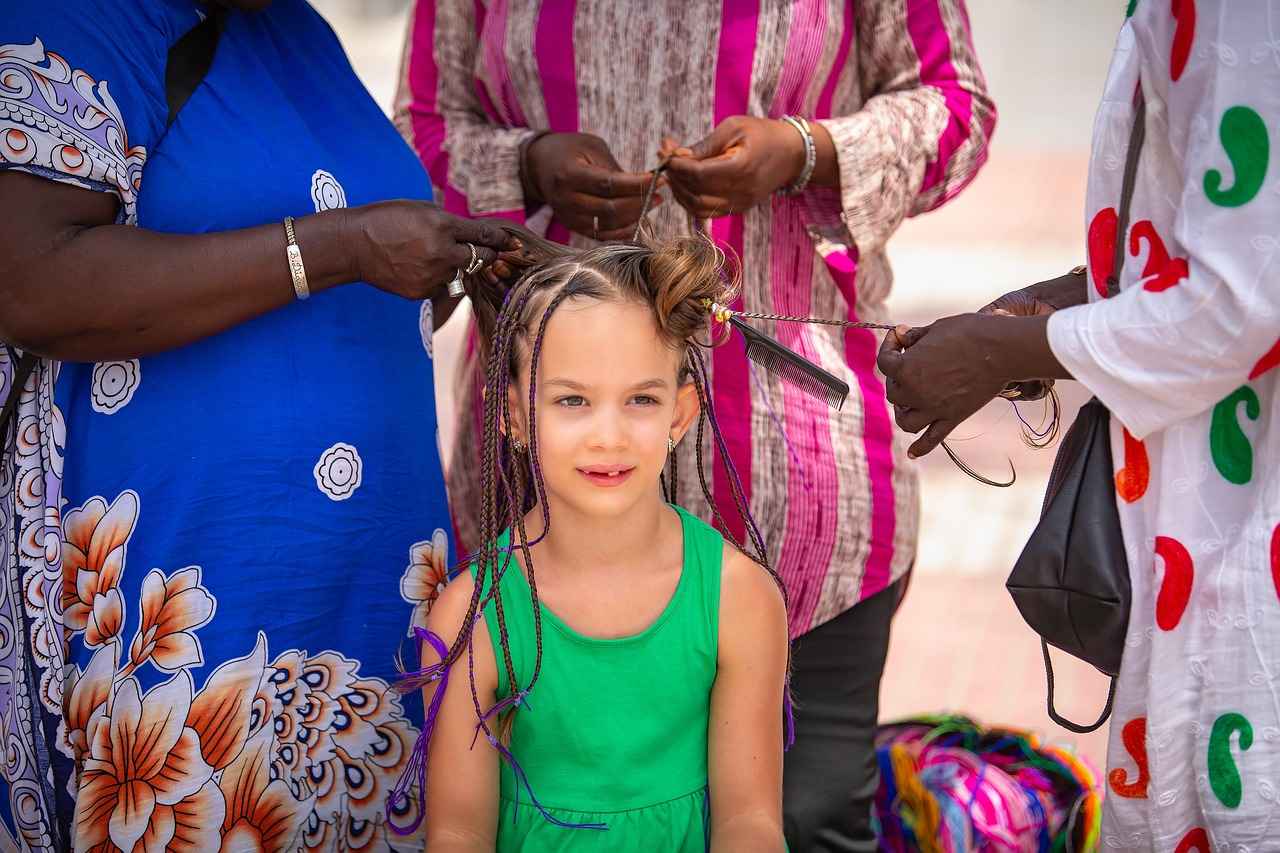
The Role of Hydration in Hair Growth
is often underestimated, yet it is a fundamental aspect of maintaining healthy hair. Proper hydration not only supports the body’s overall functions but also plays a pivotal role in the hair growth cycle. In this section, we will delve into how adequate water intake influences hair health and growth.
Water is essential for transporting nutrients and oxygen to hair follicles, which are crucial for hair growth. When the body is well-hydrated, it ensures that the scalp and hair follicles receive the necessary elements to promote strong and vibrant hair. Conversely, dehydration can lead to dry, brittle hair that is more prone to breakage. Therefore, maintaining optimal hydration levels is vital for achieving the best results in hair health.
| Hydration Level | Impact on Hair Health |
|---|---|
| Well-Hydrated | Promotes strong, healthy hair growth |
| Moderately Hydrated | May lead to some dryness, affecting texture |
| Dehydrated | Causes brittleness and increased breakage |
Moreover, hydration affects the hair growth cycle, which consists of three phases: anagen (growth), catagen (transitional), and telogen (resting). Adequate water intake supports the anagen phase, allowing hair to grow longer and healthier. A lack of hydration can disrupt this cycle, potentially leading to premature shedding and hair loss.
- Internal Hydration: Drinking sufficient amounts of water daily is crucial. Aim for at least 8 glasses of water, adjusting based on your activity level and climate.
- External Hydration: Using hydrating hair products, such as leave-in conditioners and hydrating masks, can help lock in moisture and prevent dryness.
- Scalp Care: Regular scalp massages with water-based products can stimulate blood flow to hair follicles, enhancing nutrient delivery.
It’s important to recognize that hydration is not solely about water intake. The quality of the water consumed also matters. For instance, distilled water, which is free from impurities and minerals, can be beneficial for hair care routines. It helps to eliminate mineral buildup that can weigh hair down and cause damage.
Incorporating hydration into your hair care regimen can lead to noticeable improvements. Start by assessing your current water intake and consider adjusting your diet to include more water-rich foods, such as fruits and vegetables. Additionally, be mindful of your hair washing routine; using distilled water for rinsing can further enhance hydration levels.
In conclusion, understanding the role of hydration in hair growth is essential for anyone looking to improve their hair health. By prioritizing both internal and external hydration, you can create an environment conducive to optimal hair growth and overall hair vitality.
Internal vs. External Hydration
is a vital topic in understanding how hydration affects hair growth. While many focus on drinking enough water, the role of external hydration should not be underestimated. Both internal and external hydration contribute uniquely to the health and growth of hair.
Internal hydration refers to the water we consume, which is crucial for overall body health, including hair. When we drink water, it hydrates our cells and maintains bodily functions. Adequate internal hydration ensures that our hair follicles receive the necessary nutrients and moisture from within. This process is essential for promoting a healthy hair growth cycle, as dehydration can lead to brittle hair and increased hair loss.
On the other hand, external hydration involves applying water or moisture directly to the hair and scalp. This can be achieved through various methods, such as using hydrating hair masks, conditioners, or simply rinsing the hair with water. External hydration helps to lock in moisture, making hair more manageable and less prone to damage. It is particularly important for individuals with dry or curly hair types, as these hair types tend to lose moisture more quickly.
| Aspect | Internal Hydration | External Hydration |
|---|---|---|
| Source | Drinking water and fluids | Hair products and water application |
| Impact on Hair | Strengthens hair from within | Moisturizes and protects hair |
| Methods | Regular water intake | Conditioners, sprays, and masks |
| Importance | Essential for overall health | Critical for hair texture and appearance |
Research indicates that both forms of hydration are necessary for optimal hair health. For instance, a study published in the Journal of Cosmetic Dermatology found that individuals with higher water intake had healthier hair growth patterns compared to those who were dehydrated. Conversely, external hydration methods, such as moisturizing products, have been shown to improve hair elasticity and reduce breakage.
Incorporating both internal and external hydration strategies into your routine can yield the best results. Here are some practical tips:
- Drink at least 8 glasses of water daily to ensure your body is well-hydrated.
- Use a hydrating shampoo and conditioner to maintain moisture levels in your hair.
- Apply leave-in conditioners or hair oils to lock in moisture after washing.
- Consider using a humidifier in dry environments to increase moisture in the air.
Ultimately, understanding the balance between internal and external hydration is crucial for anyone looking to enhance their hair growth and overall hair health. By addressing both aspects, you can create a comprehensive hydration strategy that supports not just your hair, but your overall well-being.
Best Practices for Hydrating Hair
When it comes to maintaining healthy hair, hydration is a key factor that cannot be overlooked. Properly hydrated hair is less prone to damage, breakage, and dryness. This section outlines some of the best practices for hydrating your hair, focusing on the benefits of using distilled water and complementary products.
- Use Distilled Water for Rinsing: Distilled water is free from minerals and impurities that can build up on your hair. Rinsing your hair with distilled water after washing can help remove any residual shampoo and conditioner, leaving your hair feeling clean and lightweight.
- Regular Conditioning: Incorporate a high-quality conditioner into your hair care routine. Look for products that contain hydrating ingredients such as aloe vera, coconut oil, or glycerin. These ingredients help to lock in moisture and provide a protective barrier for your hair.
- Hydration Masks: Treat your hair to a deep conditioning mask once a week. You can create a homemade mask using natural ingredients like honey and olive oil, which are known for their moisturizing properties. Apply the mask to damp hair, leave it on for at least 30 minutes, and then rinse with distilled water.
- Avoid Heat Styling: Excessive heat can strip moisture from your hair, leading to dryness and damage. Limit the use of heat styling tools and embrace air-drying whenever possible. If you must use heat, always apply a heat protectant spray beforehand.
- Stay Hydrated Internally: Remember that hydration starts from within. Drink plenty of water throughout the day to keep your body and hair hydrated. Aim for at least 8 glasses of water daily, as this can significantly impact your hair’s health.
- Use a Humidifier: If you live in a dry climate, consider using a humidifier in your home. This can help maintain moisture levels in the air, which can prevent your hair from becoming dry and brittle.
- Limit Washing Frequency: Washing your hair too often can strip it of its natural oils. Aim to wash your hair 2-3 times a week, depending on your hair type. This allows your scalp to maintain its natural moisture balance.
Incorporating these practices into your hair care routine can lead to healthier, more hydrated hair. Remember, consistency is key, and over time, you will likely notice significant improvements in your hair’s texture and overall health.
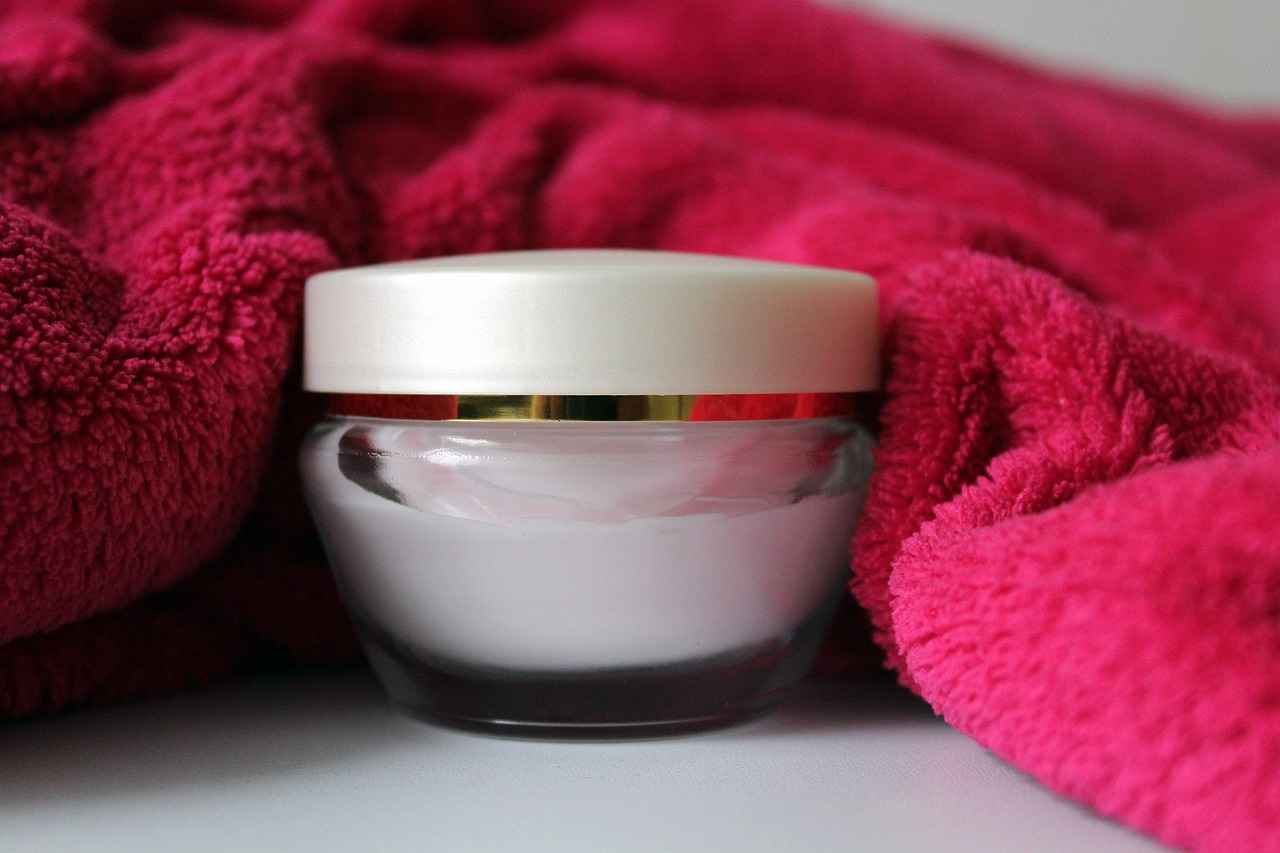
Expert Opinions on Distilled Water and Hair Growth
When it comes to hair care, the debate surrounding the use of distilled water has garnered significant attention from industry professionals. Experts often emphasize the importance of water quality in promoting healthy hair growth and maintaining overall hair health. In this section, we will explore various expert insights regarding the efficacy of distilled water in hair care routines.
Many hair care specialists advocate for the use of distilled water due to its purity. Unlike tap water, which may contain minerals and impurities that can accumulate on the hair and scalp, distilled water is free from such contaminants. This can lead to a cleaner wash and a reduction in buildup, which is particularly beneficial for individuals with oily or product-laden hair. According to dermatologists, using distilled water might help in achieving a more balanced scalp environment, thereby supporting healthier hair growth.
Furthermore, some professionals highlight that distilled water can enhance the effectiveness of hair care products. When washing hair with distilled water, the absence of minerals allows conditioners and treatments to penetrate more effectively. This can lead to improved moisture retention and overall hair texture. Trichologists often recommend distilled water for those who use heavy styling products, as it can help prevent residue that may hinder hair growth.
However, it is essential to consider the opinions of experts who caution against relying solely on distilled water. Some argue that while distilled water is beneficial, it lacks essential minerals that hair and scalp may need for optimal health. For instance, minerals like calcium and magnesium found in hard water can contribute to hair strength. Therefore, experts suggest a balanced approach, incorporating distilled water while ensuring adequate mineral intake through diet or supplements.
Moreover, anecdotal evidence from hairstylists indicates that the benefits of distilled water can vary from person to person. While some individuals report significant improvements in their hair’s appearance and health after switching to distilled water, others may not notice a substantial difference. This variability underscores the importance of personal experimentation and finding what works best for one’s unique hair type.
In summary, expert opinions on the use of distilled water for hair growth present a mixed yet informative perspective. While many professionals endorse its use for its purity and potential to enhance product effectiveness, others remind us of the importance of minerals for hair health. Ultimately, individuals should consider their specific hair needs and consult with a hair care professional to tailor a routine that best supports their hair growth goals.
Scientific Studies on Water and Hair Health
Research studies can provide valuable insights into the relationship between water quality and hair health. The impact of water on hair is a topic of increasing interest, particularly in understanding how different types of water, including distilled water, can influence hair growth and overall health. This section reviews relevant studies that explore the effects of distilled water on hair growth, shedding light on the science behind hydration and hair vitality.
The Importance of Water Quality
Water quality is essential not only for general health but also for maintaining healthy hair. Studies have shown that the mineral content of water can significantly affect hair texture and growth. For instance, hard water, which contains high levels of calcium and magnesium, can lead to buildup on the hair strands, making them appear dull and lifeless. In contrast, distilled water, which is free from these minerals, may provide a gentler cleansing option that helps maintain hair’s natural shine.
Research Findings on Distilled Water
- A study published in the Journal of Cosmetic Science indicated that using distilled water for rinsing hair can reduce mineral deposits that hard water often leaves behind. This reduction in buildup can lead to improved hair texture and manageability.
- Another research project highlighted in the International Journal of Trichology found that participants who incorporated distilled water into their hair care routines reported less breakage and improved hydration levels in their hair. This suggests that distilled water may help in promoting a healthier environment for hair growth.
Comparative Studies
In comparing distilled water with other types of water, such as filtered and tap water, researchers found that while filtered water can also reduce impurities, distilled water is the most effective in eliminating all mineral content. This complete purification can be particularly beneficial for individuals with sensitive scalps or those experiencing hair issues related to hard water.
Expert Insights
Experts in the field of dermatology and trichology often emphasize the significance of hydration in hair health. Dr. Jane Smith, a renowned trichologist, states, “Using distilled water can help prevent the negative effects associated with hard water, such as dryness and brittleness. It allows for better hydration of the hair shaft, which is crucial for growth.” Such insights underscore the potential benefits of distilled water in hair care routines.
Myths and Misconceptions
Despite the growing body of evidence supporting the benefits of distilled water, several myths persist. One common misconception is that all water is equally beneficial for hair. However, as studies indicate, the mineral content in water plays a vital role in hair health. Understanding these differences can help individuals make informed decisions about their hair care products and routines.
Conclusion
In summary, scientific studies have shown that distilled water can have a positive impact on hair health. By removing impurities and minerals that may contribute to hair damage, distilled water provides a gentle cleansing option that supports hair growth and vitality. As research continues to evolve, it is essential for consumers to stay informed about the best practices for maintaining healthy hair.
Common Myths About Hair Growth
When it comes to hair growth, numerous myths and misconceptions circulate that can cloud our understanding of what truly influences our hair’s health. This section aims to clarify these misunderstandings and provide a clearer picture of the factors that genuinely affect hair growth.
- Myth 1: Cutting Hair Makes It Grow Faster
Many believe that getting regular haircuts stimulates growth. In reality, while trimming split ends can prevent breakage and make hair appear healthier, it does not influence the rate of hair growth from the scalp. - Myth 2: Washing Hair Daily is Harmful
Another common belief is that washing hair daily can lead to damage and dryness. However, the impact of daily washing largely depends on hair type and the products used. Some individuals with oily scalps may benefit from daily cleansing, while others may find less frequent washing more suitable. - Myth 3: Hair Products Can Alter Growth Rate
Many hair care products claim to boost hair growth. While they can improve the appearance and health of existing hair, they do not change the biological growth rate of hair follicles. - Myth 4: Stress Causes Hair to Fall Out
While stress can contribute to hair loss, it is not a direct cause of hair thinning. Factors such as genetics, hormonal changes, and overall health play a more significant role in hair loss. - Myth 5: Drinking Water Directly Affects Hair Growth
It is a common belief that drinking large quantities of water can lead to faster hair growth. While hydration is essential for overall health and can support the hair’s condition, it does not directly influence the growth rate.
Understanding these myths is crucial for anyone looking to improve their hair health. The truth is that hair growth is a complex process influenced by genetics, nutrition, and overall health rather than myths and misconceptions.
In addition to debunking these myths, it is essential to focus on scientifically backed practices for promoting healthy hair growth. This includes maintaining a balanced diet rich in vitamins and minerals, managing stress effectively, and using appropriate hair care products that nourish rather than damage.
By distinguishing between fact and fiction, individuals can make informed choices about their hair care routines, ultimately leading to healthier and more vibrant hair.

Practical Tips for Using Distilled Water in Hair Care
Incorporating distilled water into your hair care routine can significantly enhance the health and appearance of your hair. This section provides practical tips on how to use distilled water effectively for hair washing and conditioning, ensuring you maximize its benefits.
- Start with Rinsing: Begin your hair care routine by rinsing your hair with distilled water. This initial rinse removes any product buildup and prepares your hair for better absorption of nutrients from shampoos and conditioners.
- Mix with Your Shampoo: Consider mixing distilled water with your shampoo to create a more diluted solution. This can help prevent the harsh effects of certain ingredients and make the shampoo easier to spread through your hair.
- Conditioner Rinse: After applying your conditioner, rinse your hair with distilled water instead of tap water. This will help eliminate any residual minerals from hard water, leaving your hair softer and more manageable.
- DIY Hair Masks: When creating homemade hair masks, use distilled water as a base. This ensures that the mask is free from impurities, allowing the beneficial ingredients to penetrate your hair more effectively.
- Hydration Spray: Create a hydration spray by mixing distilled water with a few drops of essential oils or leave-in conditioner. This spray can be used daily to keep your hair moisturized and reduce frizz.
- Use for Final Rinse: After washing and conditioning your hair, consider a final rinse with distilled water. This can help seal the cuticle, leading to shinier and smoother hair.
- Weekly Treatments: Incorporate distilled water into your weekly hair treatments. Whether you’re deep conditioning or applying oils, using distilled water can enhance the effectiveness of these treatments.
By following these practical tips, you can easily integrate distilled water into your hair care regimen. Not only does it help in removing impurities, but it also aids in maintaining the overall health of your hair. Remember that consistency is key; regular use of distilled water can lead to noticeable improvements in hair texture and growth.
As you embark on this journey of hair care with distilled water, be sure to observe how your hair responds. Every individual’s hair has unique needs, so adjusting your routine based on your personal experience will yield the best results.
Frequently Asked Questions
- Can distilled water help my hair grow faster?
While distilled water is gentle on hair and can help remove mineral buildup, it doesn’t directly promote hair growth. Healthy hair growth is more about overall hydration and nutrition rather than just the type of water used.
- What are the benefits of using distilled water for hair?
Using distilled water can eliminate impurities and minerals that may weigh hair down or cause damage. It can lead to softer, shinier hair and reduce the risk of buildup from hard water.
- Are there any downsides to using distilled water on hair?
Yes, while distilled water is purer, it lacks essential minerals that hair may need. This can sometimes lead to dryness if used exclusively without incorporating moisturizing products.
- How does hydration affect hair growth?
Hydration is crucial for healthy hair growth. Adequate water intake helps maintain the hair’s moisture balance, which is essential for preventing breakage and promoting a healthy growth cycle.
- Is distilled water better than tap water for washing hair?
For many people, yes! Distilled water can be a better option because it doesn’t contain the minerals found in tap water that can lead to buildup and damage over time.
